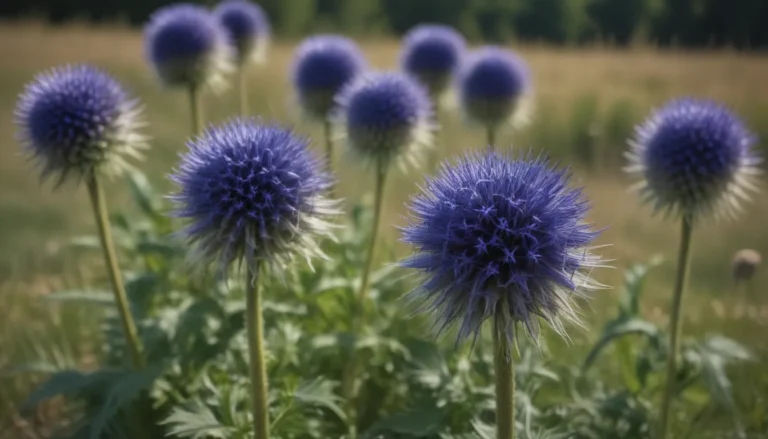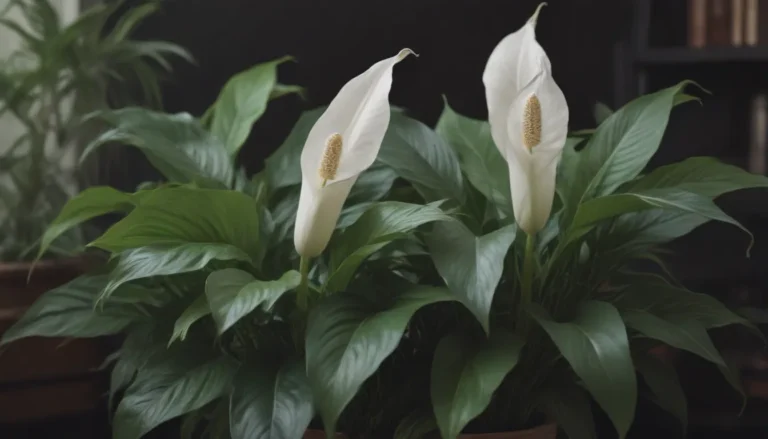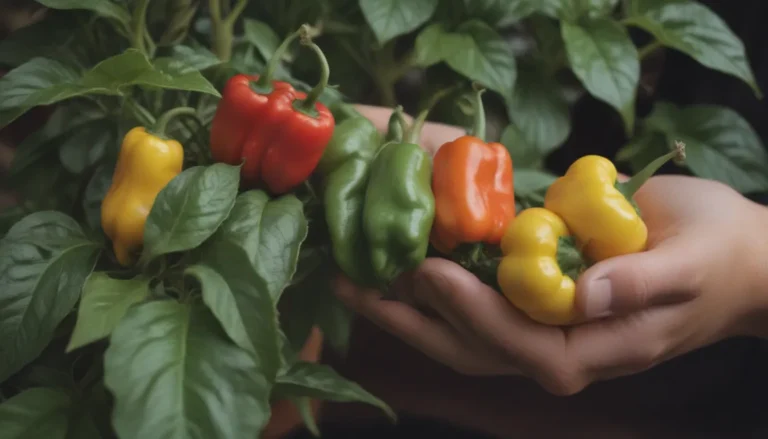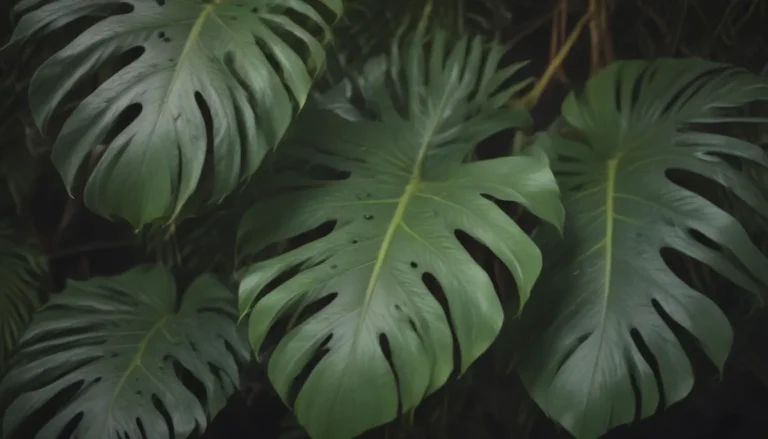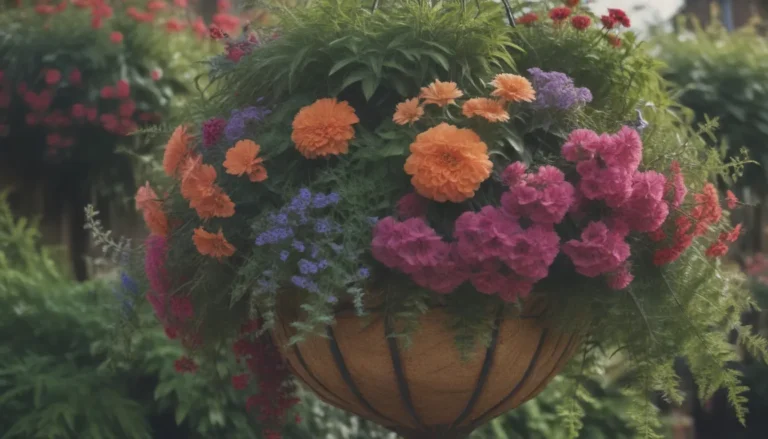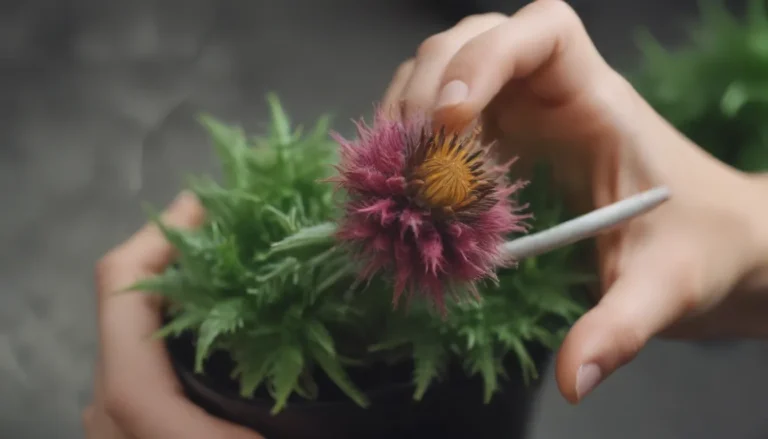The Benefits of Using Banana Water for Plants: A Comprehensive Guide
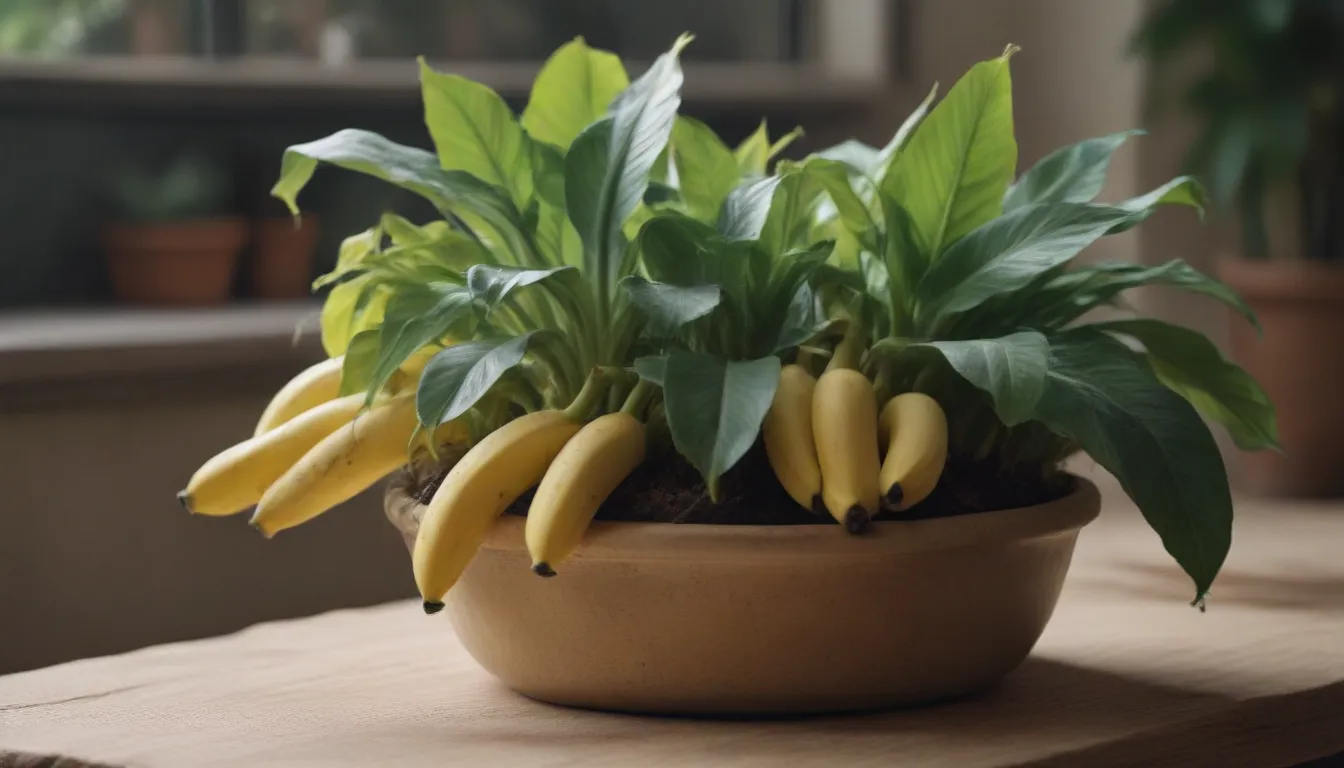
Are you intrigued by the idea of using banana water to fertilize your plants? Bananas are a beloved fruit in the United States, but is banana water really beneficial for your plants? In this comprehensive guide, we will delve into the world of banana water for plants, exploring its potential benefits, drawbacks, and how to safely incorporate it into your gardening routine.
How Banana Water is Made
Banana water is a nutrient-rich solution that can be derived from banana peels. While the concept may sound simple, the process of making banana water involves a bit of effort. Here’s a common method for creating banana water:
- Collect cut-up banana peels in a container.
- Add water to cover the peels.
- Allow the mixture to sit for a few days to extract nutrients from the peels.
- Strain the mixture to remove the solids, leaving you with banana water ready for use.
Another option is to create banana powder using banana peels, although this method is more labor-intensive. By drying and grinding banana peels into a powder, you can create a concentrated form of nutrients for your plants.
Is Banana Water Good for Plants?
Bananas are known for being rich in potassium, a vital nutrient for plant growth and health. While bananas do contain potassium, it is important to note that other fruits and vegetables, such as kiwis, acorn squash, and avocados, may have higher potassium content. Potassium plays a crucial role in ensuring plant quality, growth, and reproduction, as well as enhancing resistance to various environmental stressors.
However, simply soaking banana peels in water may not effectively extract potassium in a form that plants can readily absorb. Nutrients must be broken down by microbes and fungi through the decomposition process to be accessible to plants. Therefore, composting banana peels before using them as fertilizer is essential to release beneficial nutrients.
How Banana Water Can Harm Plants
While the idea of using banana water as a natural fertilizer may seem appealing, there are potential risks to consider. Adding banana water to your plants may not provide a balanced mix of essential nutrients. Plants require a combination of macronutrients, including nitrogen, phosphorus, and potassium, for optimal growth. Using banana water alone may only supply a minimal amount of potassium without the other necessary nutrients.
Additionally, conventional banana farming practices often involve the use of pesticides, such as chlorpyrifos. These chemicals can contaminate banana peels, and when turned into banana water, may introduce harmful substances to your plants. This could be particularly concerning when using banana water on edible plants and herbs.
Alternative Fertilizer Choices
Instead of relying solely on banana water for plant nutrition, consider using commercial organic fertilizers that provide a balanced mix of nutrients. Look for products certified by the Organic Materials Review Institute (OMRI) for organic gardening practices. These fertilizers are designed to deliver essential nutrients to your plants without the risk of pesticide contamination.
Safely Composting Banana Peels
If you prefer a more natural approach to fertilizing your plants, composting banana peels can be a viable option. Trench composting banana peels directly into the soil can provide similar benefits to using banana water, but it requires time for the peels to break down completely. To avoid attracting pests and rodents, it is advisable to bury banana peels deep in the compost pile away from your planting area.
Composting banana peels can take up to a year to yield usable compost, but the process can enrich the soil with potassium and other nutrients beneficial for plant growth. Organic banana peels are the safest choice for composting, as they are less likely to contain pesticide residues.
Enhancing Plant Growth with Banana Water
While banana water may not be a standalone solution for plant fertilization, it can complement your existing gardening practices. When used in moderation and in combination with other fertilizers, banana water can provide additional nutrients to your plants. Here are some ways banana water can benefit specific plants:
- Flowers and Vegetables: Banana water may offer a small boost of potassium for flowering plants and vegetables, such as tomatoes and peppers. The high calcium content in banana peels can increase soil oxygen levels and promote robust root growth.
- Herbs: Adding banana water to your herb garden can provide supplemental nutrients, enhancing the overall health of herbs like basil. However, be cautious when using banana water on edible herbs, as pesticide residues from the peels could be present.
While banana water can be a useful addition to your gardening routine, it is essential to practice moderation and consider the source of your banana peels to avoid potential pesticide contamination.
In conclusion, incorporating banana water into your plant care regimen can be a fun and experimental way to nurture your garden. By understanding the benefits and limitations of banana water, you can make informed decisions about how to best support your plants’ growth and health. Remember to balance your plant care routine with a mix of fertilizers and natural methods to ensure optimal results for your garden.
By exploring the world of banana water for plants, you can discover new ways to care for your garden while enjoying the process of nurturing plant life. So, why not give banana water a try and see how it can help your plants thrive?
